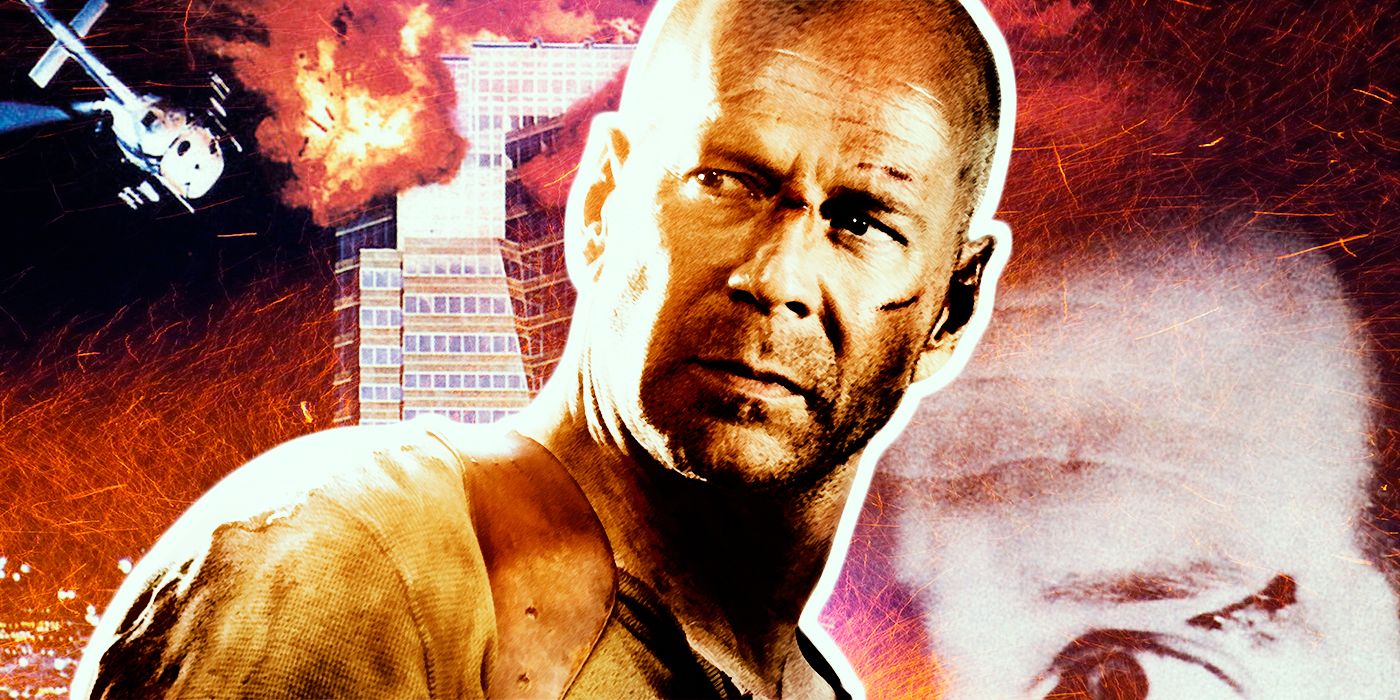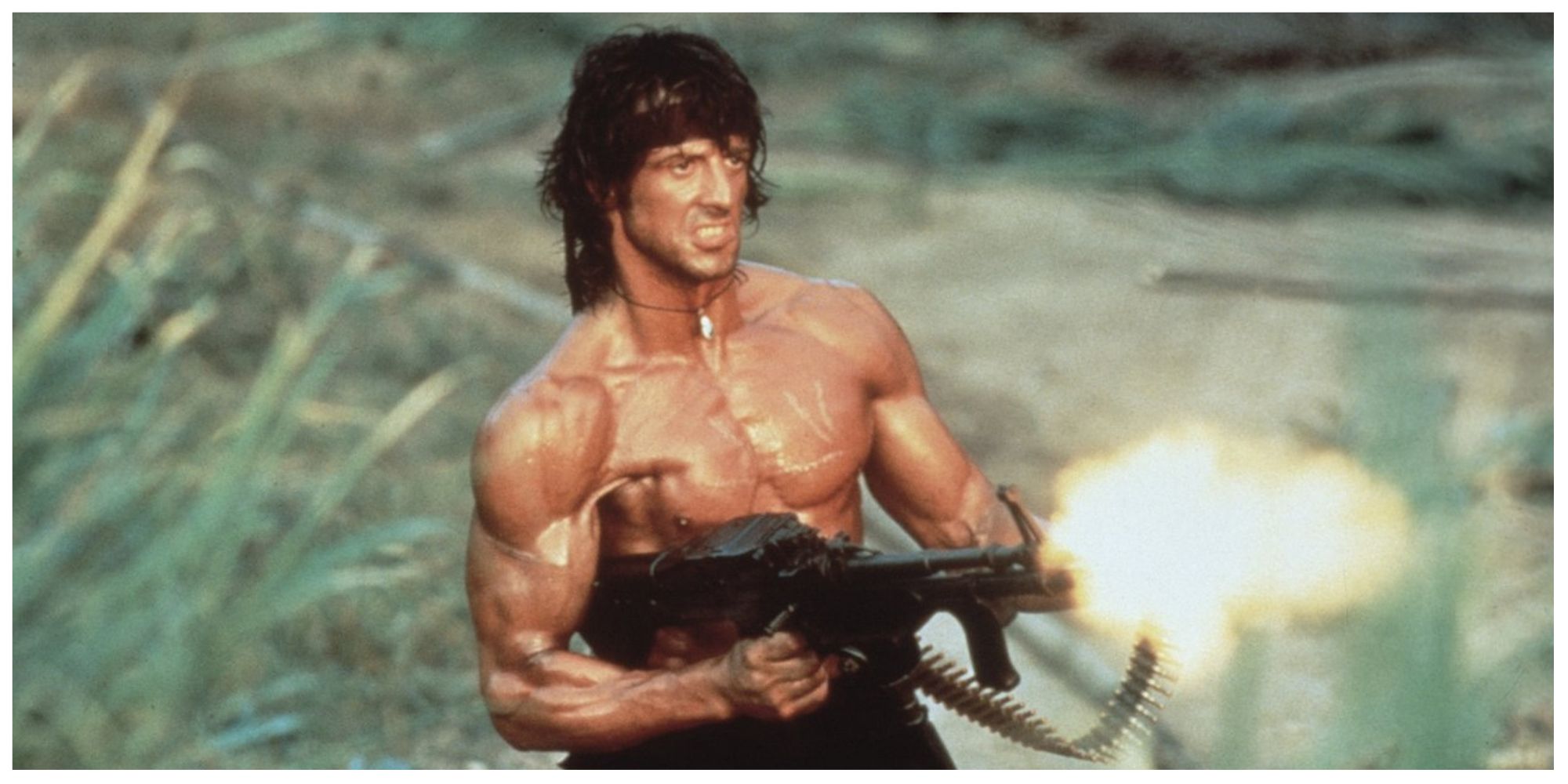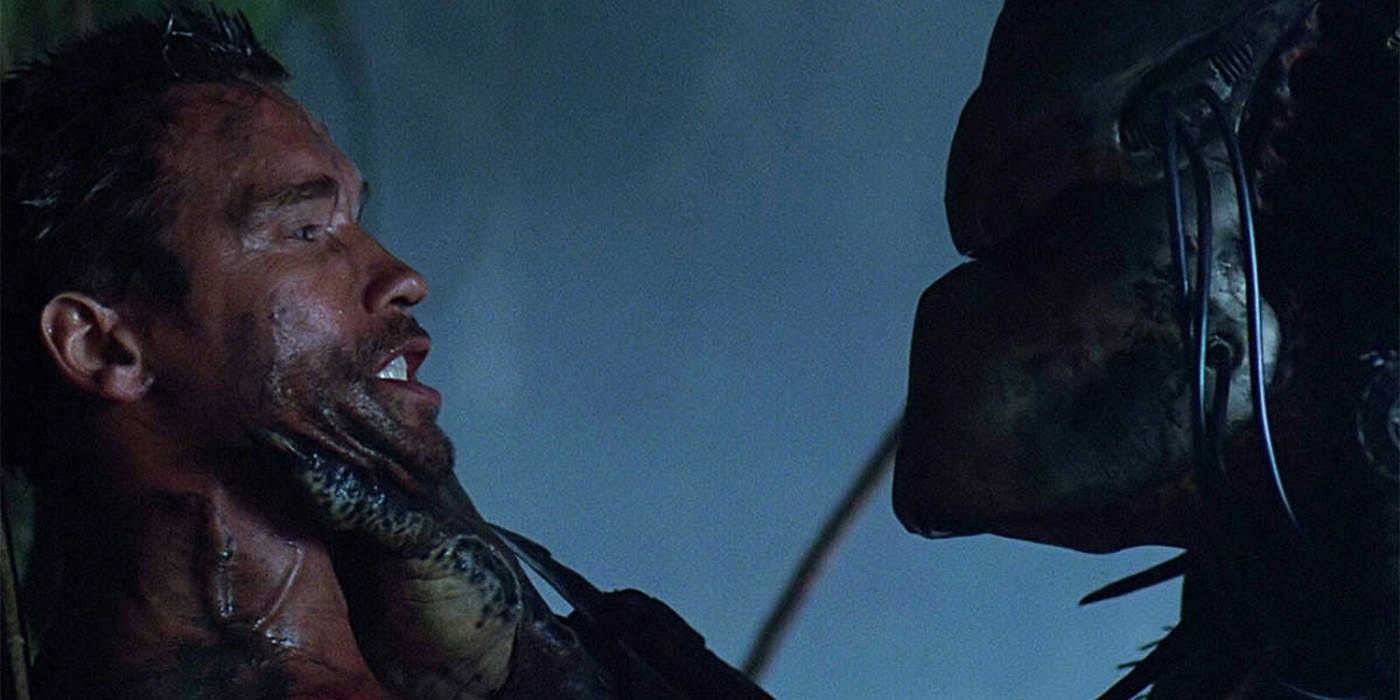John McTiernan’s Die Hard is rightfully credited with changing the face of action movies forever. The unstoppable killing machines that reached their apex with 1985’s Rambo: First Blood, Part II had outworn their all-too-indulgent welcome when John McClane showed up for that fateful Christmas party. In the wake of it, vulnerable everymen replaced gun-toting John Wayne types, with the likes of Speed and Point Break following and the John Rambos of cinema quietly stepping aside. McTiernan’s The Hunt for Red October also introduced Jack Ryan to that mix.
But that change didn’t come with just one movie, and indeed the first real steps toward Die Hard came with the McTiernan film that preceded it. The original Predator spawned a successful franchise based around the title creature, which hides the fact that it began as an Arnold Schwarzenegger vehicle. In the process, it upended not only its star’s established image but a huge number of ’80s action cliches. It walked so Die Hard could run.
’80s Action Movies Were Simplistic and Direct
The 1980s leaned heavily into the one-man army, as stars like Sylvester Stallone and Chuck Norris scored huge hits by shooting miscreants for 90 minutes. Their foes were uniformly despicable, often non-white, and always died in a hail of bullets at the end. Jingoism abounded, and the protagonists invariably acted in defense of vague mom-and-apple-pie notions like “liberty” and “freedom.” The clincher came with Rambo, the sequel to the comparatively nuanced First Blood, which was trying to talk about the US’s neglect of veterans. The second film turned it into a redemptive massacre, as Stallone’s elite Green Beret parachuted into Vietnam to refight — and win — the war single-handedly. The film’s monstrosities were evident even then, but it didn’t stop the public from devouring it. It became emblematic of Reagan-era entertainment, as politics and spectacle bled openly into each other in a single pop-culture figure.
Schwarzenegger was no stranger to the genre at the time, and once Conan the Barbarian put him on the map, he repeatedly starred in shoot-’em-ups like Commando and Raw Deal. But he also had a sense of his own absurdity and wasn’t above playing the straight man if it made the movie better. And he’d already turned a few action movie cliches on their heads with 1984’s The Terminator, in which the villain got to be the unstoppable killing machine for a change. He was the right star at the right moment to give the genre a badly needed push forward.
Predator Turned the ’80s Action Hero Into Prey
Predator began with a comparatively modest goal: mashing up action pictures and slasher movies, which were also enjoying their sleazy-but-profitable heyday. Making the combination work started with a good monster: an intergalactic big game hunter naturally attracted to the toughest super-soldiers around. That had the necessary side effect of turning said super-soldiers into the equivalent of counselors at Camp Crystal Lake. Suddenly, the genre’s previously impervious go-to archetypes started dropping like flies.
McTiernan leaned into that with the movie’s structure. The first 20 minutes or so run like any other potboiler of the era, as Schwarzenegger’s Dutch and his Supreme Squad of Ultimate Alphas helicopter into the jungle and blow the righteous snot out of a rebel camp. Then, quite unexpectedly, that takes a turn. The hostage they came to rescue is actually a CIA agent, and the camp is the site of a dirty little deal. Realpolitik invades the previously crystal clear black vs. white morality that typified the genre, and that’s before the monster shows up to turn the whole squad into Swiss cheese. The most telling moment arrives just after the death of Jesse Ventura’s Blain. The rest of the team madly unloads their weapon at his killer, only to come up empty. “No blood, no bodies,” a dumbstruck Chavez reports. “We hit nothing.” It was a stunning admission for a genre where guns typically solved every problem.
Schwarzenegger knew how to play it up, and rumors hold that he was responsible for the film’s climax, in which Dutch outwits the Predator rather than simply beating it up as originally planned. Whatever the case, the results put a big crack in the foundations of the genre. Die Hard exploited that crack in ways no one could have imagined at the time, but it took Predator and Schwarzenegger, to set the table for it properly.



